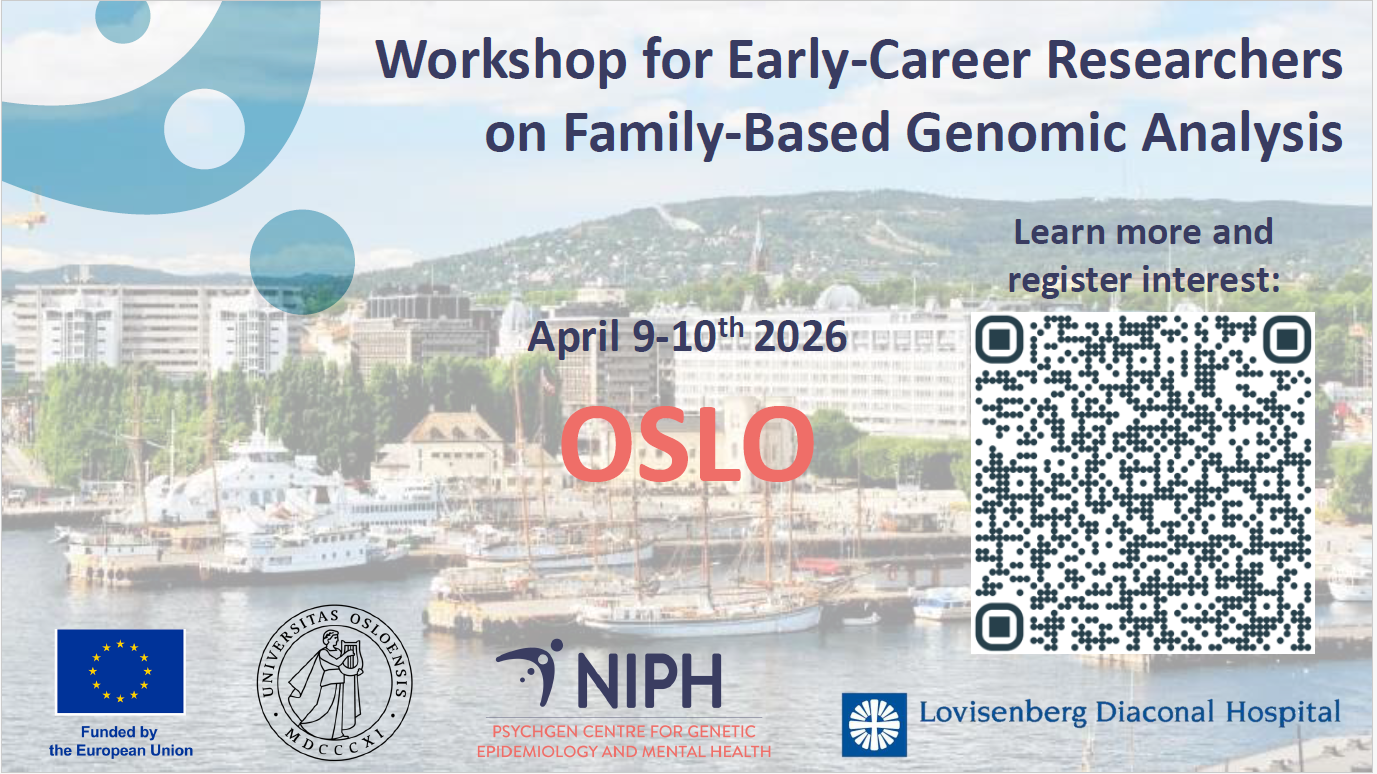Recent Updates
About
Mental illness runs in families.
The FAMILY consortium aims to improve the life of mentally-ill persons and their families:
- firstly focus on better understanding the mechanisms of intergenerational transmission of mental illness from parent to child.
- studying the family context, we will try to build models to predict whether mental illness will be transmitted across generations or not.
- FAMILY will also address key ethical and social issues raised by risk prediction for clinical use, such as the right not to know, and the risk of stigma.
- Lastly, together with the family advocacy and support organisation EUFAMI and the not-for-profit association ESCAP, we will try to increase awareness and foster active engagement of families, and translate new discoveries to patients and mental health care professionals.
FAMILY translates current barriers into 3 themes of enquiry, with the following 6 project objectives:
Understanding intergenerational transmission of risk
- Estimate the contribution of genetic and environmental routes of intergenerational transmission of risk from parent to offspring throughout the life course.
- Identify causal factors underlying genetic and environmental routes of risk transmission and resilience.
Predicting risk of mental illness in a familial context
- Identify and validate genetic, epigenetic, and brain imaging biomarkers for risk or resilience to mental disease in the family.
- Develop and validate a multimodal risk prediction model and a normative modelling framework to predict, at the individual level, who is at risk of developing a mental disorder.
Creating societal impact and end-user engagement
- Map and evaluate social and ethical consequences of risk prediction for clinical use.
- Increase awareness and foster active engagement of families and translate new discoveries to patients and mental health care professionals.
Impact
Scientific
New breakthrough scientific discoveries on the intergenerational transmission of risk of mental illness and risk prediction within a family context, pushing the field forward towards first clinical implementation of family-based prediction tools by 2035.
Clinical
Ethical considerations regarding risk prediction support mental health care professionals and patients and their families in clinical decision-making. Awareness on the role of transmission of risk of mental health problems stimulates the integration of child/adolescent and adult mental health care services, leading to improved care for high-risk families.
Societal
Improved mental health literacy in vulnerable high-risk families, resulting in increased engagement with their own mental health and earlier recognition of mental health problems, leading to earlier identification and preventive intervention. Improved quality of life of vulnerable high-risk families because of earlier recognition of emerging problems, earlier and focused preventive interventions, and less stigma and discrimination.
Economic
Earlier identification and preventive intervention of mental health problems prevents exacerbation of these problems, resulting in reduced mental health care cost in the longer term.

